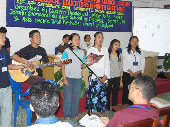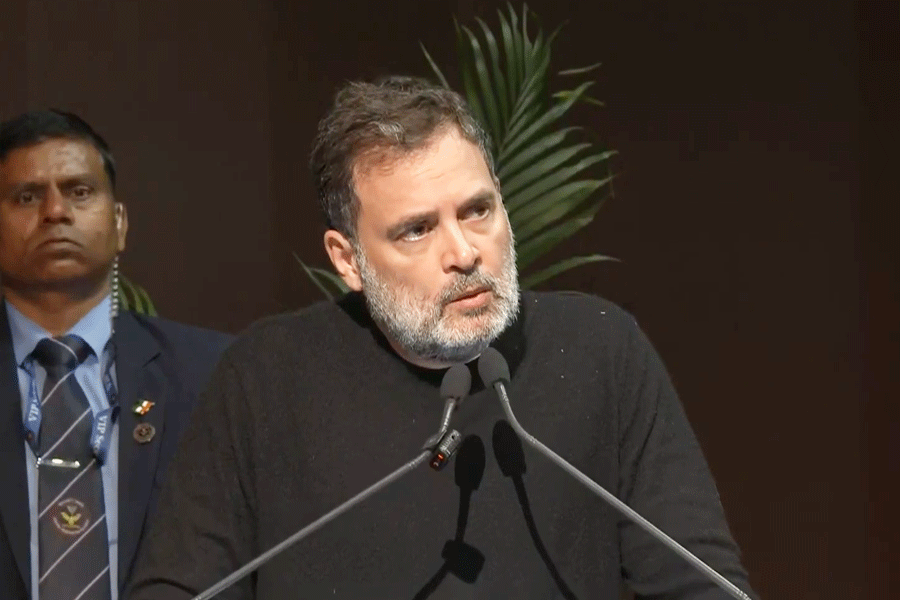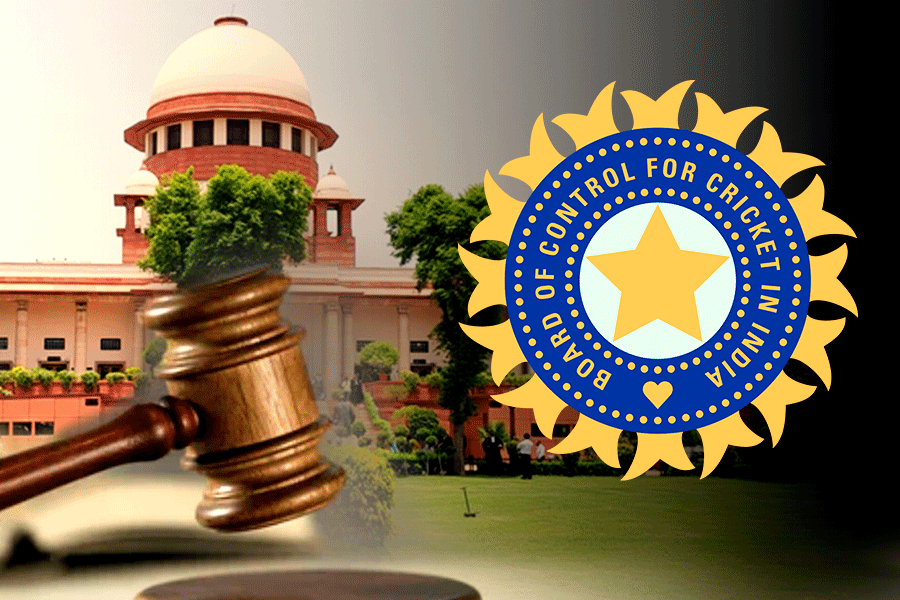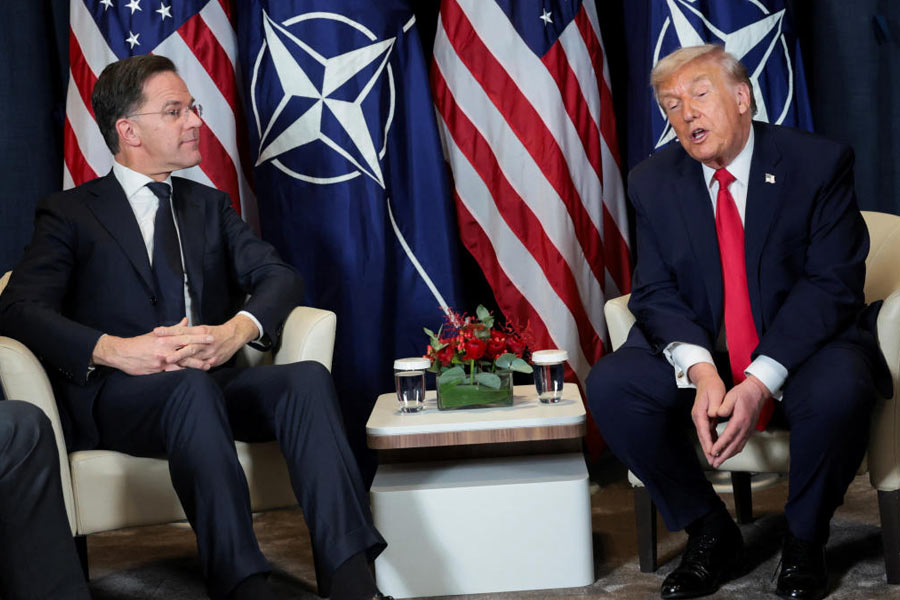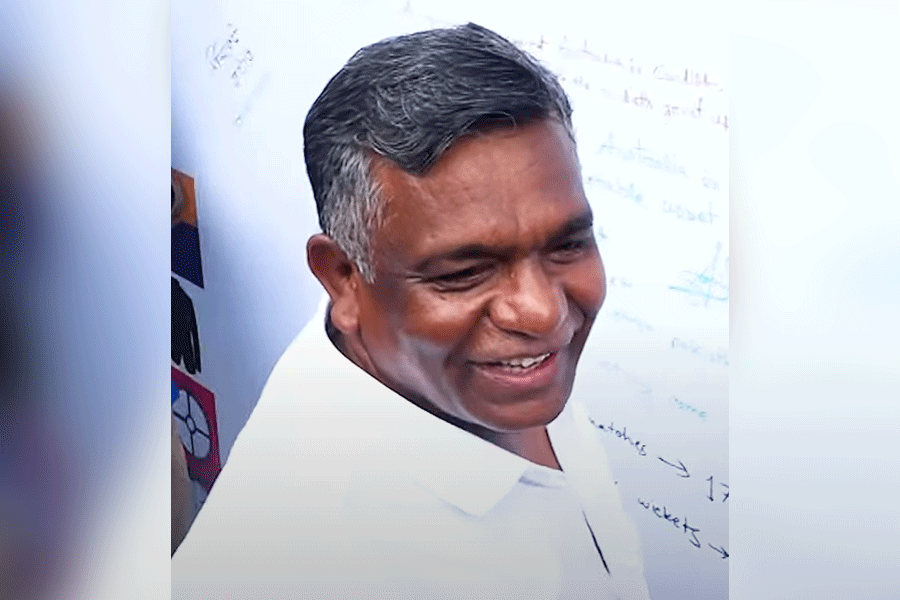 |
| A. K. Ramanujan: driven |
Some people, you hear them talk and get the feeling they’re superhuman, they can’t die. They’re so articulate and so wise and so alive they can never die. Of course it takes them no time at all to give up the ghost. One moment they’re there, preternaturally vibrant, talking so sagely and animatedly you just know they’re indestructible, and all you have to do is turn the other way to find they’ve died behind your back, just like that, they could have been anyone: no different really from all the people you think of their whole life through as barely born.
The democracy of death hits you hardest when someone you know just can’t die just dies. Then, all you can do is never get away from thinking about them, at first often, then off and on, of how alive they were, of how dead you yourself are by comparison. These people go on living inside your head because there is certainly something larger than life about them and because now part of your own sense of being alive is feeling them occasionally course through, or block up, your bloodstream.
Death anniversaries resurrect them. Ten years ago, on July 13, 1993, the evening got spread out against the sky at high noon in Chicago when a patient etherized upon a table popped it. No poetry, no fuss, just poof and he was gone. He’d been admitted to the hospital for minor surgery to take care of a small problem in his back which was hampering him from doing one of his favourite things, a very unAmerican thing: walking. The medics said it would take no time to sort out his difficulties with “peripetia”, his restlessness, and its therapy, walking. They hadn’t taken into account the fact that someone as alive as him might be allergic to general anaesthesia, even a whiff of it. Put under for an hour, he never woke up. For the poet A.K. Ramanujan, who was also one of the world’s great scholars and teachers, it was not a poetic way to go, even if there was something Prufrockian about his self-effacing, modest manner of being.
In November 1991, he picked me up from Chicago’s Greyhound bus terminal, and I, lugging my luggage, expected him to lead me to his car and drive me to his home, where I was to stay and discuss a book of poems he was putting together. Later I was meant to accompany him to the University of Wisconsin, Madison, for their annual South Asia conference.But he had no car. We walked and walked and walked. He’d never had a car, he said. It was cold and it began to snow and I was getting tired hoofing all those heavy bags, trying to look casual and jaunty. He noticed the fatigue through my facade and hailed a cab which took us to his apartment, a very bare, austere, neat little flat, quiet and very unembellished, like his poems. He was almost certainly the only “named chair” professor at the University of Chicago who didn’t drive.
He was driven. Oral tales and folklore moved him much more than cab drivers, taking him from Karnataka, where he was born in 1929 to a scientist father described in “Astronomer” (Second Sight, 1986) —
Sky-man in a manhole
with astronomy for dream,
astrology for nightmare;
in his Tamil flesh,
his body the Great Bear
— and a well-read housewife, both of whom lived close to him all his life, well after they died, fragments of them forever cluttering his mind and his volumes of poems, one of which is titled, unsurprisingly, Relations (1971).
He moved often. From Mysore, where he did his BA, to Kerala to teach English, to Poona to study linguistics, to Indiana for a PhD in grammar, and finally to the department of South Asian Languages and Civilizations at the University of Chicago, where he died as William E. Colvin Professor of India’s languages and literatures. He moved in other ways too, says Vinay Dharwadker (general editor of Ramanujan’s Collected Essays, 1999): “he moved effortlessly through different disciplines and different types of material (poems, stories, forms, conventions, religions, histories, cultures) by fashioning a distinctive scholarly style. He designed and wrote his essays so that they would work upon his readers as much by allusion, echo and suggestion, as by the force of explicit argument.”
Living in a time when we’re awestruck by jargon and terrorized by academic prose, when obscurity poses as profundity, when the idea of the concrete and the real has been etherized into discursivity and discursiveness, it is worth remembering and reading Ramanujan as the Absolute Other of the average American academic and her Indian apes. A Chicago colleague, C.M. Naim (professor of Urdu), says of Ramanujan: “His greatest quality was that he could explain the most complex matter to you in simple fashion and in a language strikingly free of any jargon.” Ramanujan’s poems and essays all read like material goods — like the real goods — like things you can touch and feel, almost pick up and eat, certainly digest. The sudden and the unexpected lurk in them, as in our lives, as in his life, as in the way he suddenly died. He is struck all the time by unexpected connections: almost every poem in Second Sight is about the mind’s sometimes wearying agility to string images:
Connect! Connect! cries my disconnecting madness, remembering phrases
black holes
and white noise, elections with four-year
shadows, red eclipses
and the statistics of rape. Connect,
connect, beasts with monks, slave economies
and the golden bough.
— “Connect”
India hasn’t produced that many major scholars who have also been unforgettable as teachers and human beings and poets and translators. Ramanujan was the Satyajit Ray of the Indian academy. In the tenth year of his death, no one who had anything to do with him has been able to shake off memories of his completely exceptional vitality, of his continuing vitality to their sense of being alive today. According to Wendy Doniger, his fellow Sanskritist at Chicago: “I think of Raman often, always sharply vivid to my eyes and my ears, for I hear his voice, too. I remember just exactly where I was when I learned of his death, the way people remember where they were when they learned of Kennedy’s assassination (I was in Delhi) or the events of 9/11. But I remember him most vividly as he was alive, during the fifteen years that we were friends and colleagues in Chicago. My house was on the route that he walked every day around 5 pm from his office to his home, and he would often stop in to talk. As he took off his jacket, his eye would catch whatever new book or magazine happened to be lying about on the table, and he would immediately pick it up and read it, much to my annoyance if I happened to be talking to him; he was caught up in another world, couldn’t hear a word I said. Eventually he would tear himself away from the book and follow me into the kitchen, where he would sit at the counter while I prepared dinner, with his elbows on the counter and his chin cupped in his hands. He never took anything but a glass of water, though sometimes he would take a spoon to taste what I was cooking. In those late afternoon talks I learned some of the most valuable things I know, about India, about poetry, about teaching, about life. Everything I have written since I met him in 1978 not only quotes him but is deeply coloured by his awareness of literature and religion and life. To that extent, I carry him within me wherever I go, but oh, what would I not give to have him walk into the room again and pick up the books on my table.”
His fellow poet, Arvind Krishna Mehrotra, remembers him as memorably as anyone can ever: “Why was I using so many Latinate words, A.K. Ramanujan wrote to me once, when there were perfectly good Anglo-Saxon alternatives available? He was commenting on some poems I’d translated into English...The first time we met was in Chicago, in the winter of 1971 or 1972. It was bitterly cold, and as we trudged in the snow I made some silly youthful remark about his poems, perhaps saying that I found some of them to be a little too opaque. To write differently, he explained, he’d have to be reborn. He said he could only be himself and not somebody else. Twenty years later, in order to write about them, when I read the same poems again, they were as transparent glass.”
Editors in publishing, on the other hand, are like burnished glass: they live their whole lives off the reflected glory of the authors they were privileged to publish. If I were applying for a publishing job now, and they asked me at the interview, “Well, and who did you publish?”, I’d need just one word to say it all: Ramanujan.

